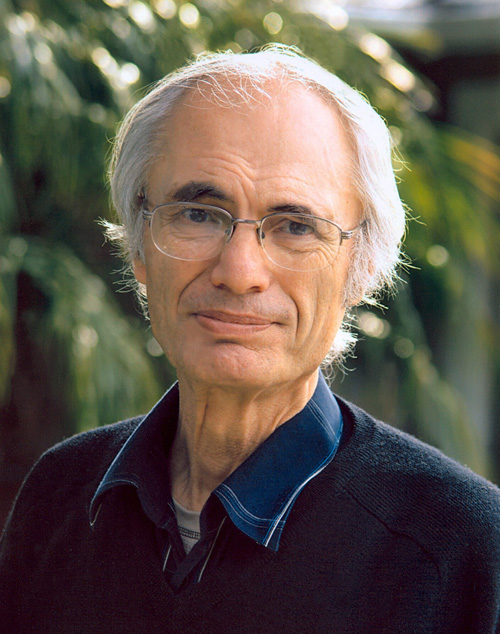Exactly 40 years ago, I wrote an article for my institute’s newspaper when I was in my first year at the conservatory titled: “Tigran Mansuryan is 40 years old.” Compared to the other Soviet officials, 40 was a young age. Other than that, Mansuryan was loved by people due to the music he wrote for a movie. But us adolescent snobs did not consider that to be a serious genre of music, and instead glorified his “classical works,” especially his double concerts and cello pieces, which were written in the later part of the 1970s.
The maestro did not care too much for the Soviet system, but to be fair, I need to mention that Mansuryan’s music (including his classical music) was played more back then and in the 1980s than it is now. I also should mention that the latest people in late 20th century music, including Olivier Messiaen, Pierre Boulez, John Cage, and Karlheinz Stockhausen, were also popular among students. Mansuryan and our conservatory’s director Ghazaros Saryan also developed our taste in music. Thanks to Ghazaros Saryan, our conservatory was not so stagnate during its ‘stagnation period.’
“Learn to listen to music and teach other people to listen to music,” Mansuryan would say, using the exiled Russian composer Prince Andrei Volkonsky as an example, who listened to music for days and hours. “Do you know what I was listening to yesterday?” the composer asked us one day, obviously waiting for us to say the name of some avant-garde musician. Then he would surprise us: “ABBA’s new album.”
Being open-minded, lacking biased treatment, and having respect for the many demonstrations of talent are necessary characteristics not only for musicians.
Tomorrow, Tigran Mansuryan is turning “two times 40 years old.” The composer has lived through intensive work and continuous searching for his second 40th birthday. If I were to use two words to describe his path, then it would be that he sought to make the language of music “stricter” and have a better “aesthetic.”
This desire is seen in many of the great composers, along with age and wisdom: Beethoven, Brahms, and Stravinsky. Spiritual music takes a higher place. For Mansuryan, that was a bridge between today and between our chants, “taghs,” and Narekatsi’s and Shnorhali’s poems and music.
Mansuryan’s “Requiem” is one peak that we reached during the 21st century after Komitas’ “Patarag.” But the basis for Shnorhali’s series of prayers from “Havatov Khostovanim (With Faith I Confess) continues…
Aram Abrahamyan




















































